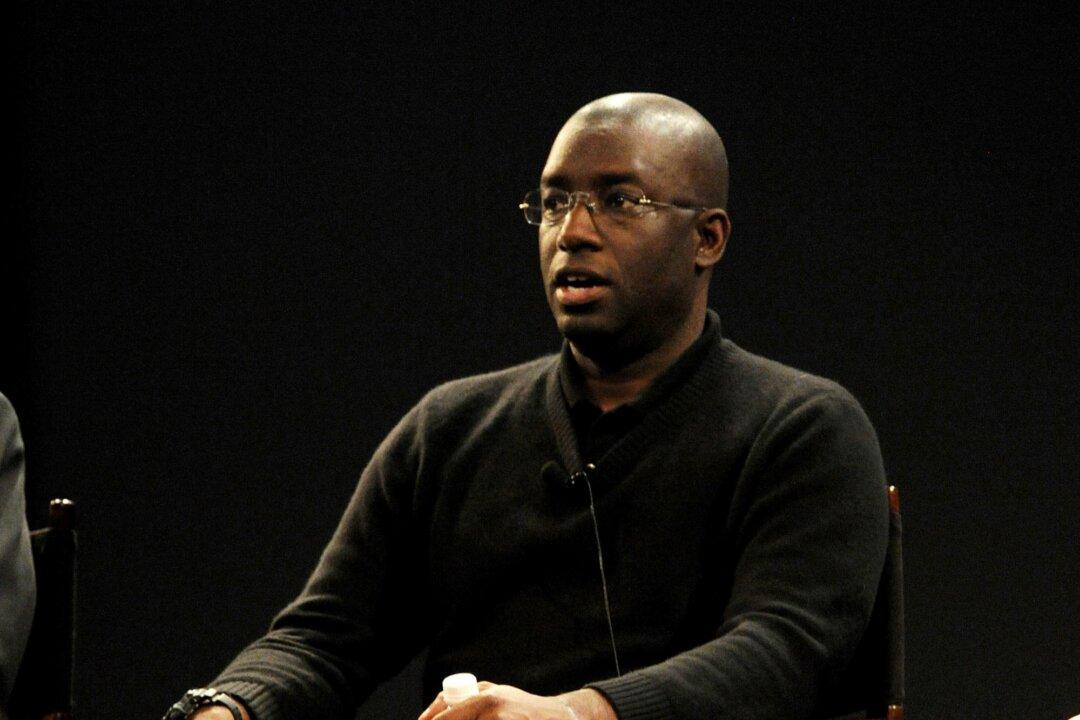TV-MA | 1h 36m | Documentary, Business, Entertainment | 2024
Presented by Mark Wahlberg’s Unrealistic Ideas production company, director Muta’Ali Muhammad’s new documentary “MoviePass, MovieCrash” (“Crash”) presents the relatively brief history of MoviePass from inception to the present day with blazing efficiency. Clocking in at a brisk 90-plus minutes, “Crash” shows what happens when an innovative, game-changing concept is sabotaged by poor planning on the part of its founders and unbridled greed by some late-in-arriving industry “experts.”






